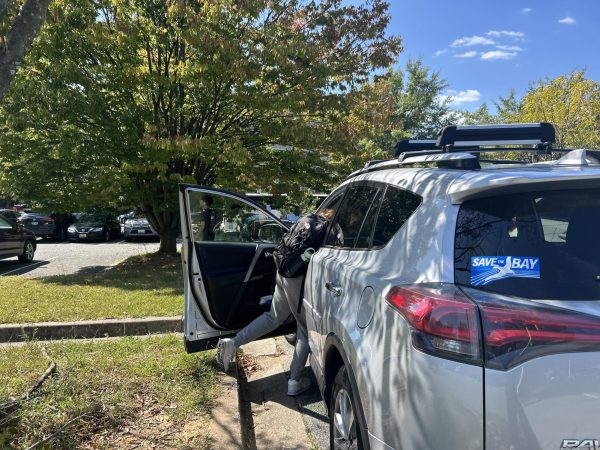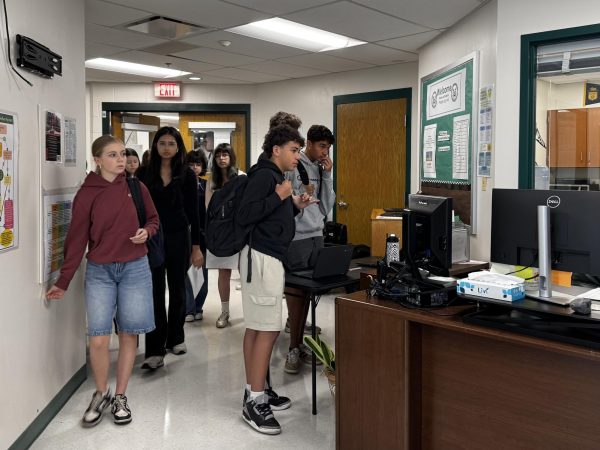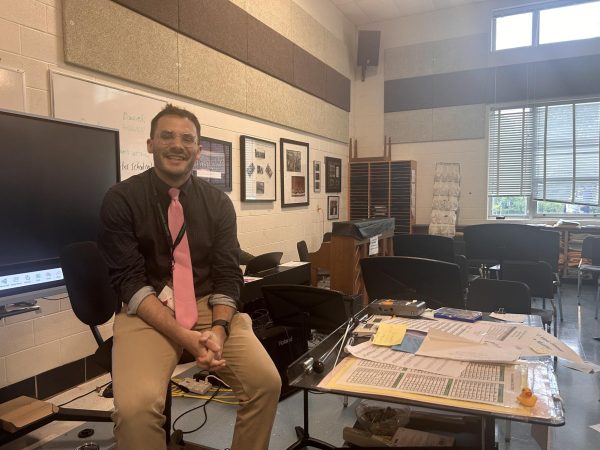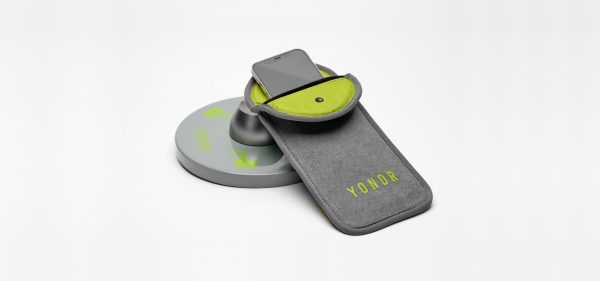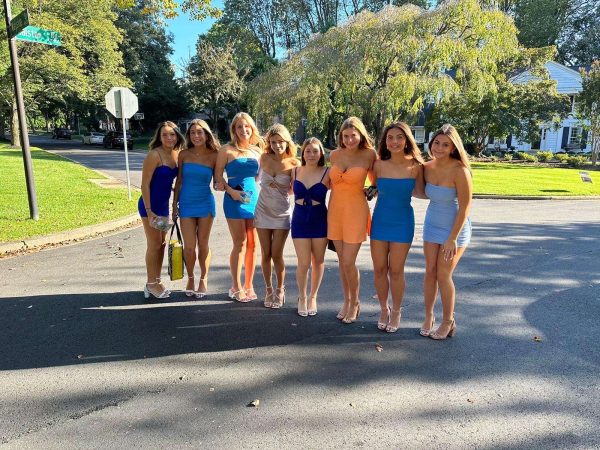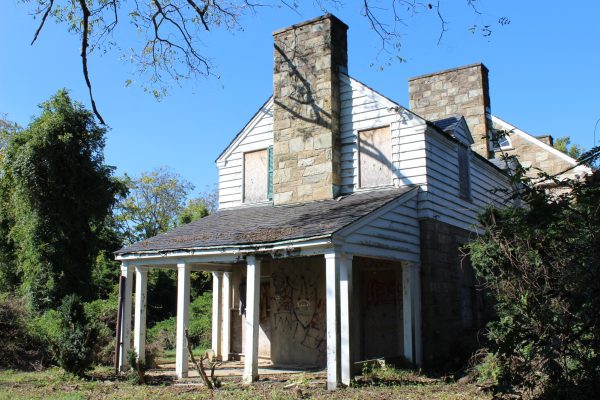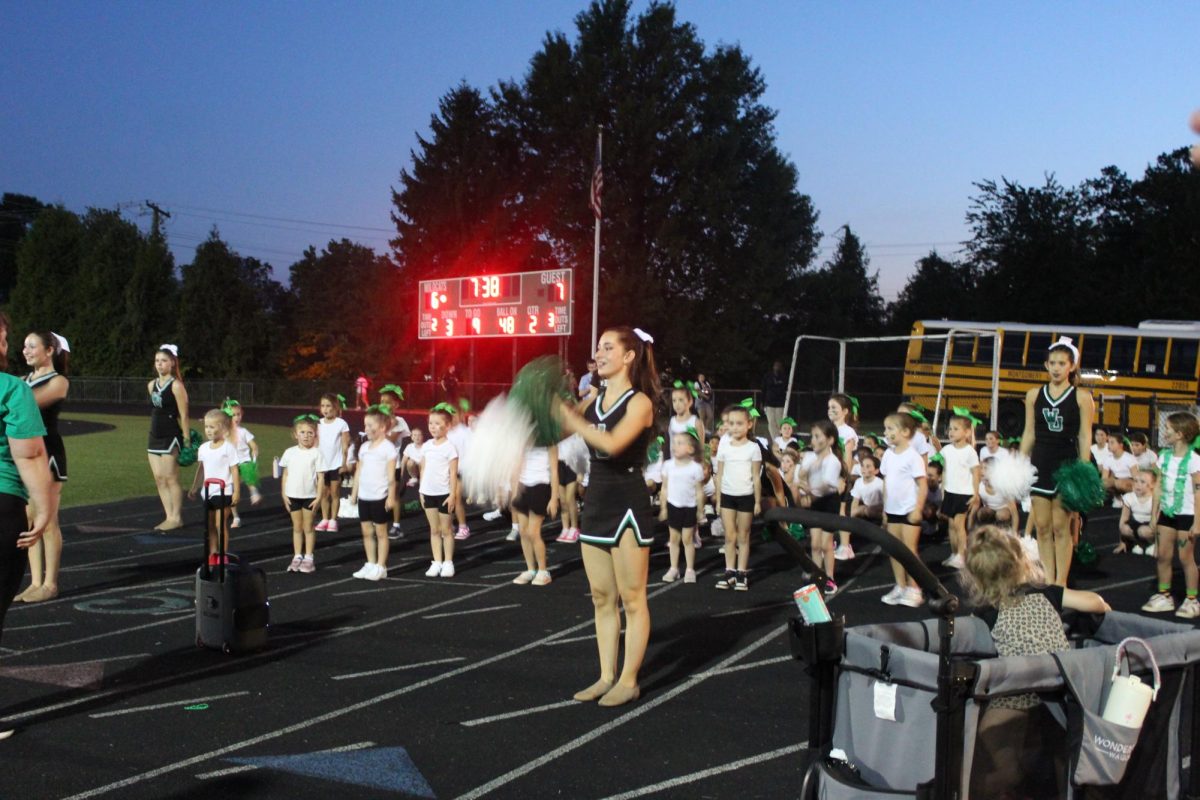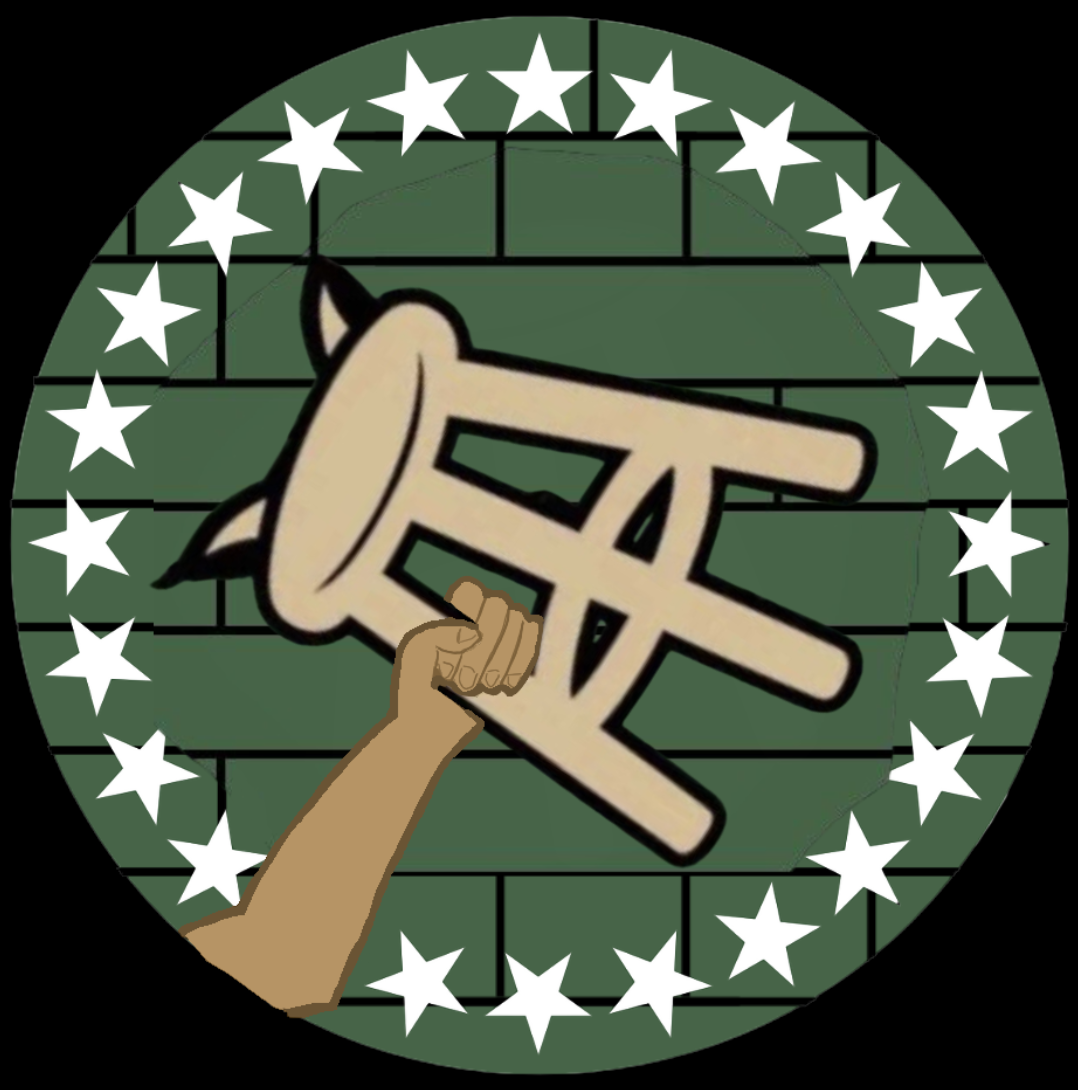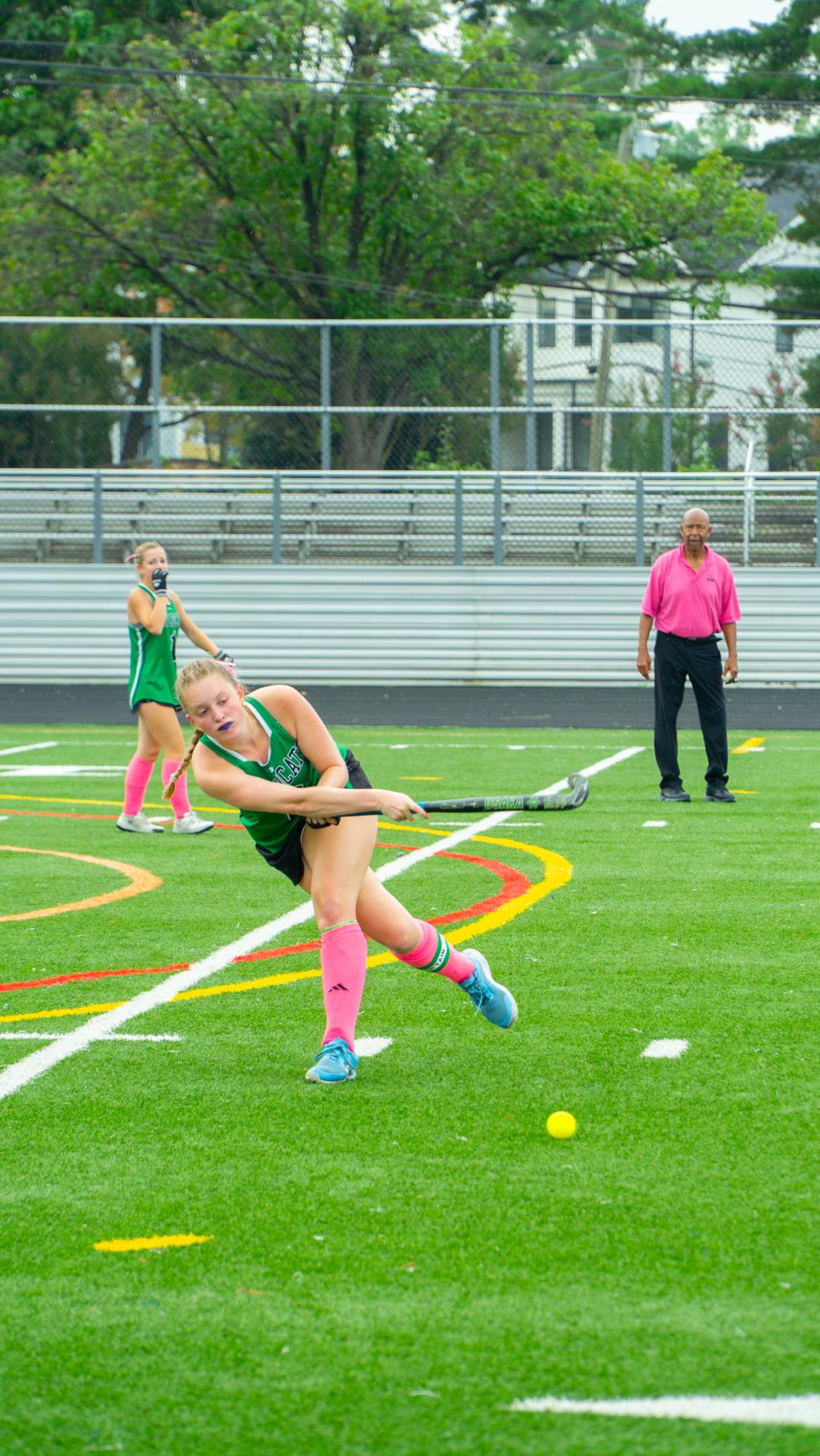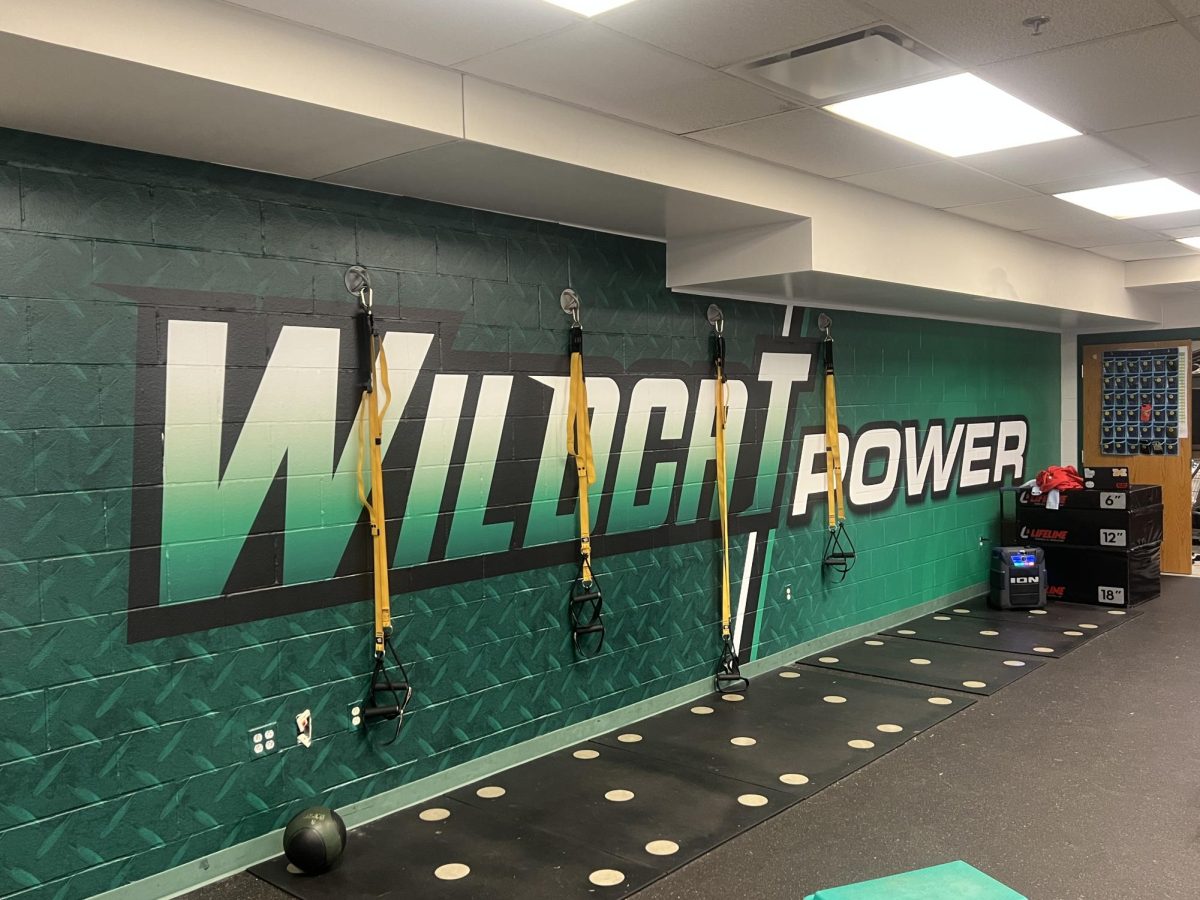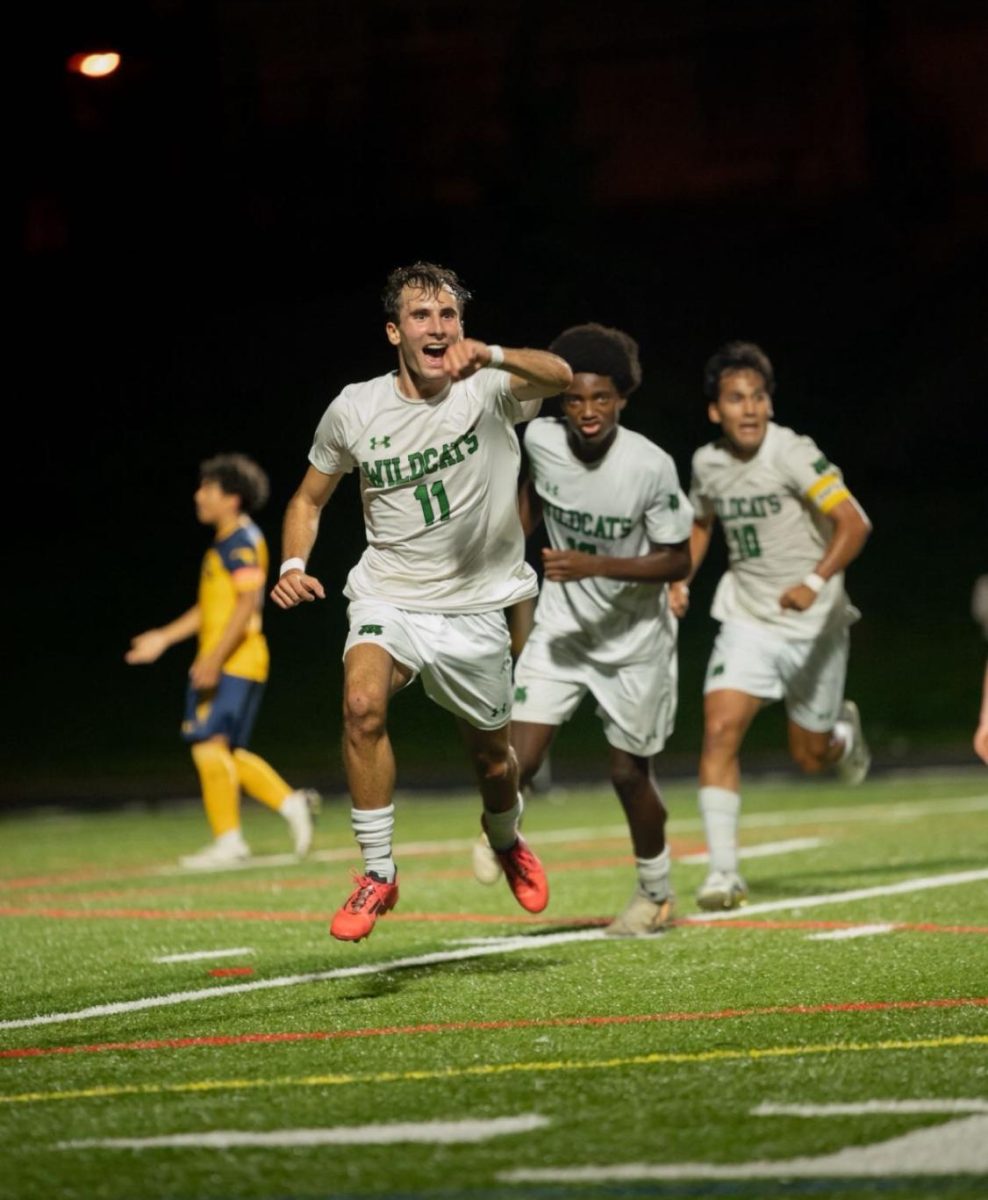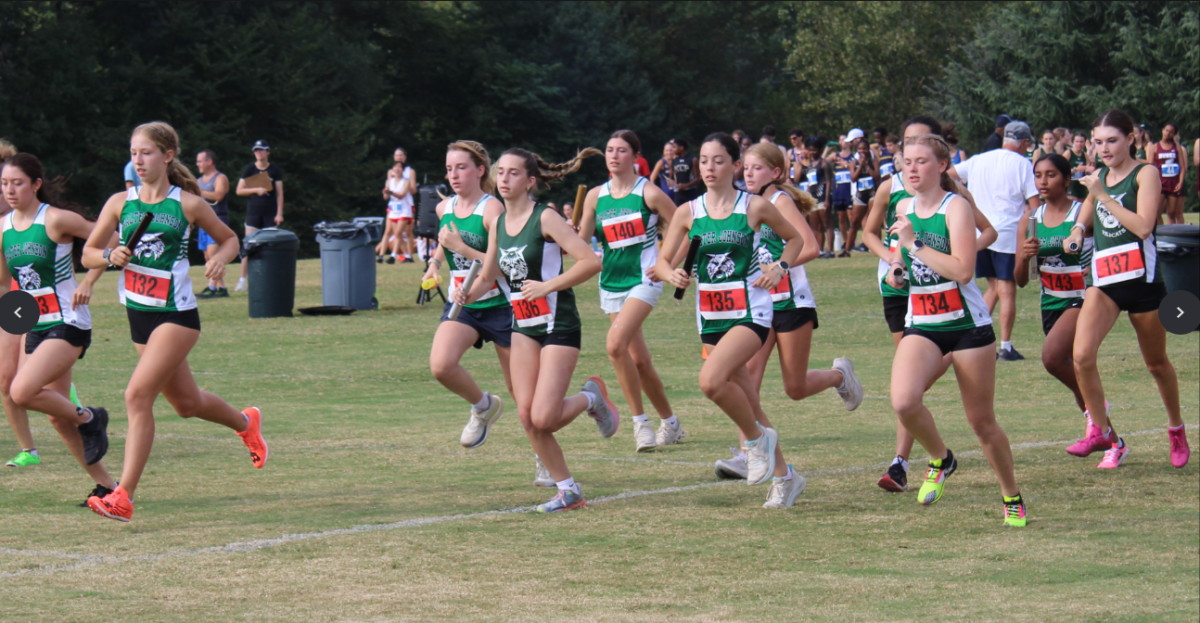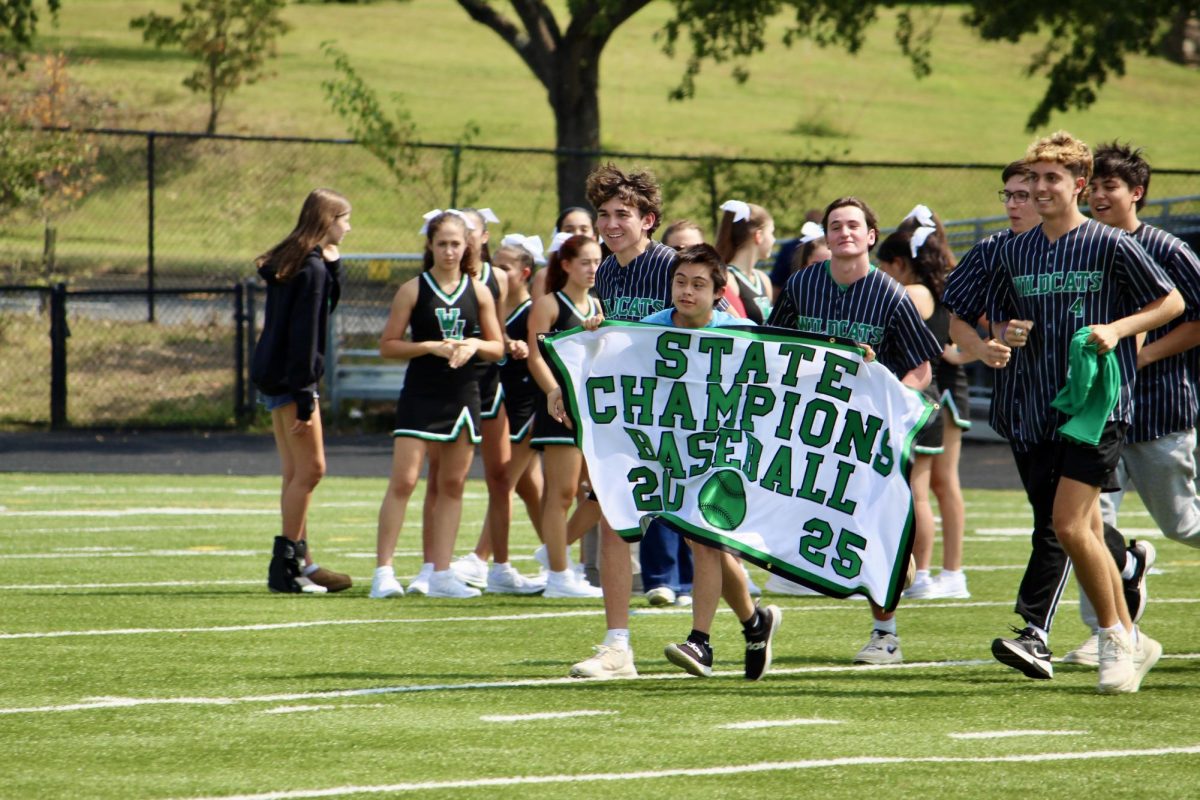Crisis in Venezuela spurs mass protests
Photo credit to Wikipedia Commons
Juan Guaido supporters gather in Caracas, the capital of Venezuela. Guaido declared himself interim president on January 23, a move that sparked controversy within and outside of the country.
May 22, 2019
Venezuela has been in a downward economic spiral for years. Political discontent in the South American country has been fueled by shortages in food and medicine, electricity cuts and extreme hyperinflation. President Nicolas Maduro took over power in Venezuela after widely approved President Hugo Chavez’s death in 2013. Maduro tightened his grip on power in the country, and by the 2018 elections the opposition had enough. Stemming from very lower voter turnout as a result of opposition candidates fleeing or being barred from running, the spring 2018 election was considered illegitimate by many. On January 23, Juan Guaido invoked the constitution to declare himself interim president, a move that would heighten tensions in the country to their fullest. In addition, Guaido became the president of the National Assembly, a legislative body that was largely made irrelevant and powerless by Maduro. Maduro created the National Constituent Assembly, which is made up of exclusively Maduro loyalists, to become the main legislative body.
Since January 23, tensions have only increased within Venezuelan society. Guaido claims legitimacy based on Venezuela’s constitution and the fact that over 50 countries including the US have recognized him as the president. In reality, Guaido holds little practical power, limiting the options his side has to oust Maduro. Guaido has made efforts to garner support from the state military, but it’s been to no avail. He has been seeking assistance from the US military to help forcefully oust Maduro, to officially establish himself as the president. The Trump Administration has favored isolationism, and President Trump holds steadfast on his campaign promise to remove and keep America out of foreign entanglements, though he claims a military option isn’t off the table. Many worry that hawks such as National Security Advisor John Bolton as well as Secretary of State Mike Pompeo might push Trump to a military intervention in Venezuela, which many have likened to the 2003 Iraq invasion.
Though the tough military talk from both sides, representatives from Guaido and Maduro have had meetings mediated by Norway’s foreign ministry, the first true step towards any remote sense of stability or progress. Both sides have claimed they plan to use the dialogue to “build a peaceful agenda”. Though still in progress, it doesn’t seem the talks have resulted in anything material yet. Guaido officials have discussed forming a joint administration, which may be the only way to end this conflict in a non-violent manner.




